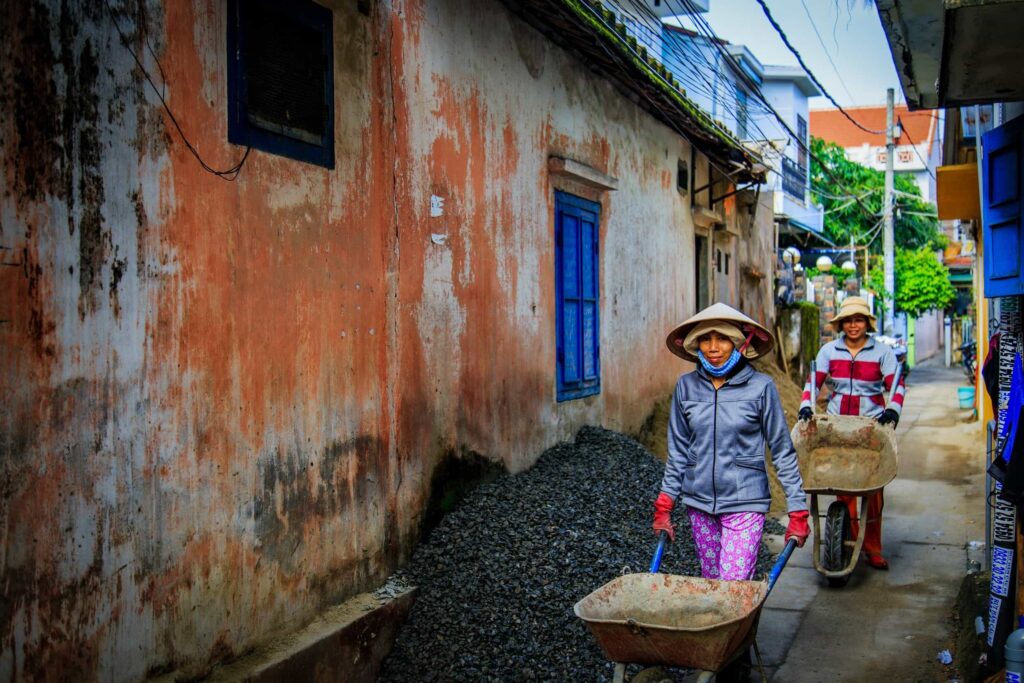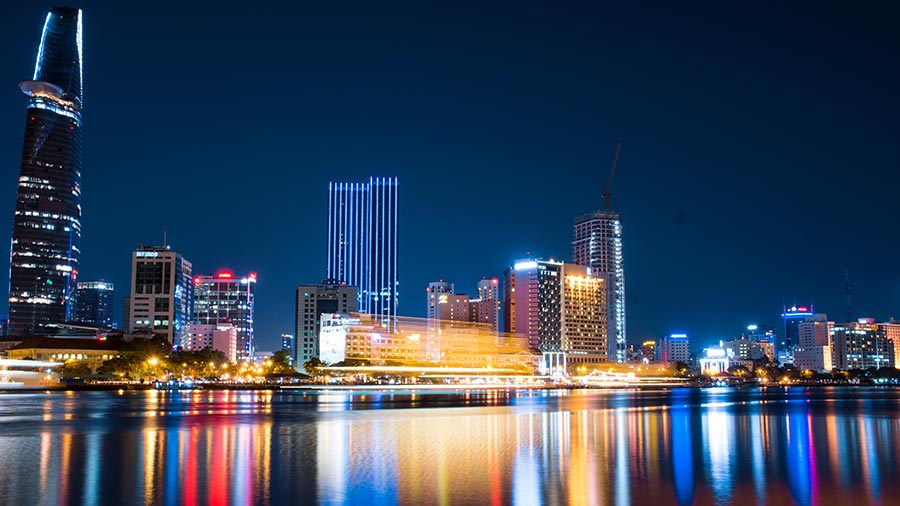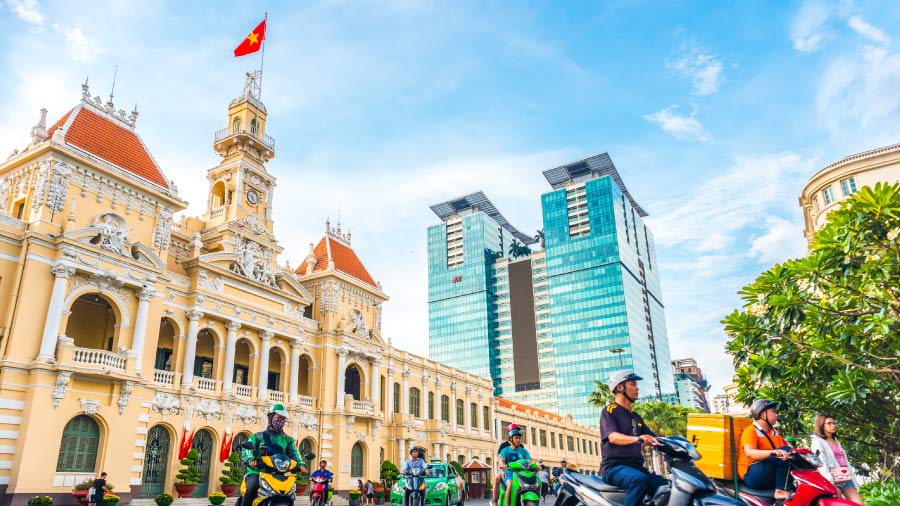
The 2021 Report sheds light on the significant impact of the COVID-19 pandemic on various economic and social aspects of Ho Chi Minh City in Vietnam. This comprehensive analysis provides valuable insights into the challenges and opportunities faced by the city in the wake of the global health crisis. From the economy and society to the operational environment and charisma, this report delves into the key factors that have shaped Ho Chi Minh City’s trajectory in 2021. Read on to explore the findings and gain a deeper understanding of the city’s post-pandemic landscape.
I.Economic Impact of COVID-19:
The COVID-19 pandemic posed unprecedented challenges to Ho Chi Minh City’s economy. As the virus spread, strict lockdowns and travel restrictions were implemented to curb its transmission. These measures had a significant impact on various sectors, including tourism, retail, and manufacturing. Businesses faced reduced consumer spending, disrupted supply chains, and temporary closures, leading to a decline in economic activity. However, the government swiftly responded with support measures such as financial assistance and stimulus packages to mitigate the adverse effects of the pandemic. These initiatives aimed to provide relief to affected businesses, safeguard jobs, and stimulate economic recovery.
II.Social Consequences and Adaptation:

The pandemic brought about substantial social changes in Ho Chi Minh City. To curb the spread of the virus, strict health and safety measures were implemented, including the widespread adoption of mask-wearing, social distancing, and hand hygiene practices. Remote work arrangements became prevalent as businesses implemented work-from-home policies to ensure employee safety. The education sector underwent a significant transformation, with a rapid shift to online learning and the adoption of hybrid teaching models. These adaptations, although necessary, posed challenges for both individuals and institutions. However, the resilience and adaptability of the city’s residents played a crucial role in navigating the social consequences of the pandemic.
III.Operational Environment:
The operational environment in Ho Chi Minh City witnessed a remarkable shift as businesses had to adapt swiftly to the changing circumstances. Digital transformation emerged as a critical enabler, allowing companies to embrace remote work, online transactions, and contactless service delivery. Businesses across sectors accelerated their adoption of digital technologies, seeking to enhance operational efficiency and customer experience. The city’s infrastructure and logistics networks faced significant challenges in ensuring the uninterrupted flow of essential goods and services. However, collaborative efforts between the public and private sectors helped address these challenges, ensuring the city’s operational continuity during the pandemic.
IV.Charisma and Tourism:

Ho Chi Minh City’s charisma and appeal as a tourist destination were profoundly affected by the COVID-19 pandemic. International travel restrictions and border closures led to a significant decline in tourist arrivals, resulting in a severe blow to the hospitality and tourism sectors. However, the city’s authorities and stakeholders quickly responded by promoting domestic tourism and exploring alternative avenues for revenue generation. Efforts were made to showcase the city’s cultural heritage, vibrant culinary scene, and historical attractions to attract local tourists. Additionally, plans were developed to enhance tourism infrastructure and create unique experiences to entice future international visitors. While the path to recovery may be challenging, Ho Chi Minh City remains committed to revitalizing its tourism sector and positioning itself as a compelling destination for global travelers.
In conclusion, The COVID-19 pandemic had a profound impact on Ho Chi Minh City’s economy, society, operational environment, and tourism sector.
Key Point Summary:
- Ho Chi Minh City’s economy faced challenges due to the pandemic, with a decline in GDP and disrupted sectors.
- Social changes occurred, including remote work, online learning, and the adoption of health protocols.
- Digital transformation played a pivotal role in adapting to the changing operational environment.
- The tourism sector suffered from a decline in international travel but focused on domestic tourism promotion.
- Ho Chi Minh City is now positioned for recovery and growth, leveraging its strengths and embracing opportunities.
To navigate the evolving landscape of Ho Chi Minh City and explore opportunities in the post-pandemic era, contact our dedicated Vietnam team for expert guidance and support. Reach out to us today to unlock the possibilities in Ho Chi Minh City’s recovering economy and vibrant business environment.

Leave a Reply